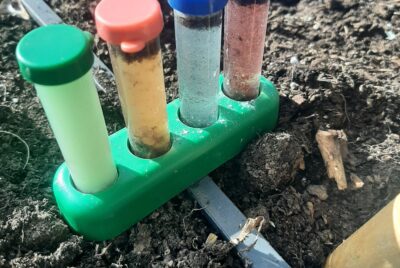RESEARCH
An Exploratory Study on the Effect of Horticultural Therapy for Adults with Intellectual Disabilities
Summary
This study explored how horticultural therapy (HT) affects adults with intellectual disabilities. HT involves engaging people in gardening activities to improve their physical, psychological, and social well-being. The researchers conducted a 12-week program where participants learned gardening skills, such as planting and caring for vegetables and flowers. They also made decorations and shared their experiences with others. The goal was to see if this therapy could enhance the participants’ self-confidence and quality of life.
The study found that HT improved the participants’ social self-confidence during the program and enhanced their sense of competence over time. Participants enjoyed the activities more in the middle of the program, but this enjoyment decreased by the end. The researchers suggest that HT can be beneficial for adults with intellectual disabilities, but more studies are needed to understand how to sustain its positive effects. They also highlight the importance of social interaction in these programs, which may contribute to the improvements seen in participants.







